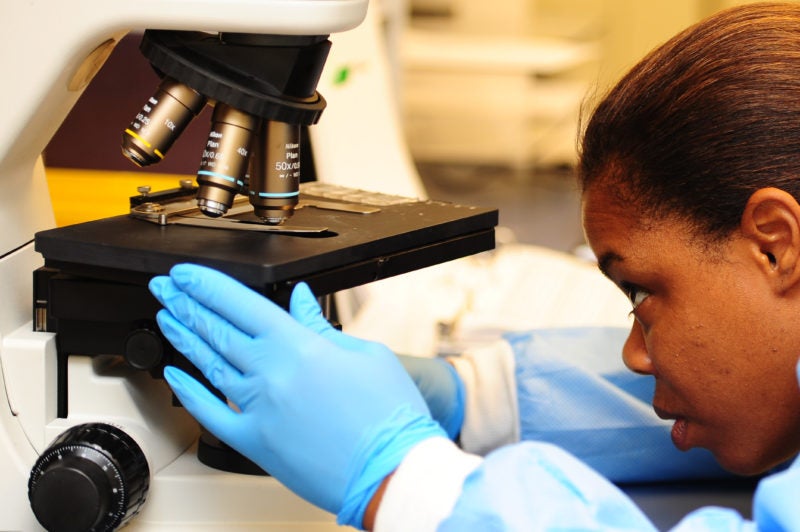The second day of the Orphan Drugs and Rare Diseases 2019 Conference focused on different aspects of clinical development of orphan drugs as well as delving deeper into the issues related to market access, pricing, and reimbursement of such drugs.
To ensure companies in the space of orphan drugs and rare diseases can successfully carry out their strategic plans, it is important for them to be aware of the potential challenges across the broad spectrum of clinical development of orphan drugs. These include misdiagnosis of patients with rare diseases, which represent missed opportunities for positive diagnosis, and the focus on centres of excellence, which while enabling effective utilization of various resources, may also mean that some patients may not be able to access these treatment centres due to logistical challenges leading to other issues such as patient recruitment and retention.
Smaller biotech companies that are funded by equity firms and venture capitalists experience another challenge in the form of pressure to meet major milestones, for example first patient recruitment. Different stakeholders have a critical role to play at each stage of clinical development and it is critical that clinical trial studies are designed to overcome as many challenges as possible while keeping it patient-centric.
Adaptive clinical trial designs, education of physicians to increase their awareness of rare diseases, having a feasibility study with practical timelines, as well as early engagement of regulators and funding agencies are all different ways to improve the chance of an orphan drug to reach a wider patient population. Another critical point that was consistently raised by patient groups was the need to publish results and details from failed clinical trial studies and molecules as this information would help researchers avoid obvious mistakes and duplicate efforts deemed futile by earlier attempts.
A panel discussion on pricing and reimbursement of orphan drugs highlighted yet again the complexity surrounding the market access of such drugs. Patient advocacy groups play a critical and positive role in the lives of these patients and while collaborating with such groups is expected to help companies at different stages of their drug’s clinical development, industry representatives also highlighted the challenges imposed by a regulatory framework that did not account for the rarity of the diseases. Developing a sustainable funding solution for orphan drugs represent a major unmet need in the area of rare diseases.
The conference offered a strong platform to highlight the issues surrounding the clinical development of orphan drugs for rare diseases as well as the critical roles played by multiple stakeholders in the area of rare diseases.

US Tariffs are shifting - will you react or anticipate?
Don’t let policy changes catch you off guard. Stay proactive with real-time data and expert analysis.
By GlobalData




